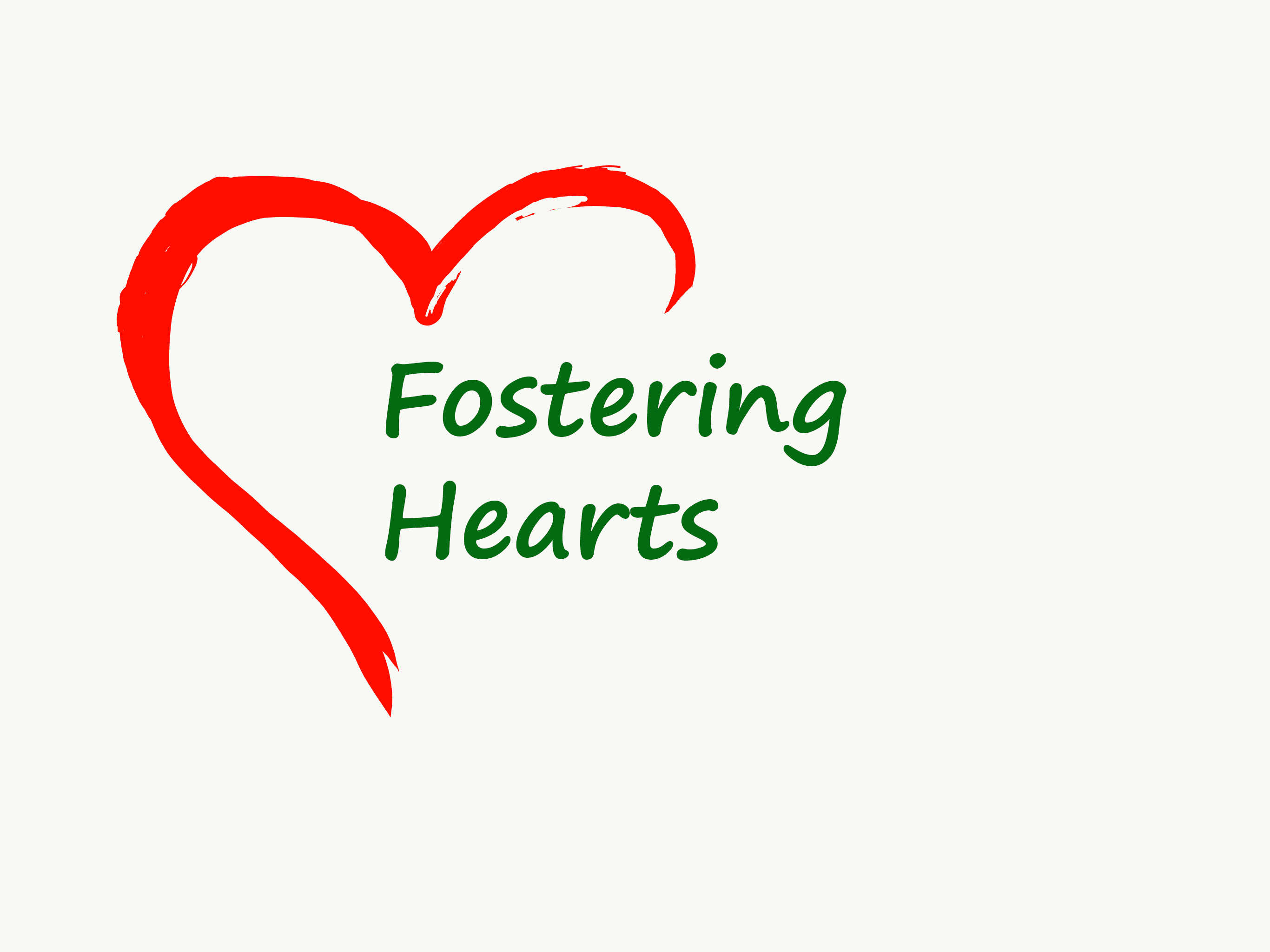Introduction: Foster parenting is an incredibly rewarding experience, and it provides a vital service to children who are in need of security and stability. Unfortunately, there are many misconceptions about fostering, especially when it comes to those with disabilities. The reality is that most people can be a successful foster parent, even with the challenges they may face due to their disability. In this blog post, we’ll take a look at what prospective foster parents should know about fostering with disabilities.
The Need for Foster Parents
Fostering is an incredibly important role that requires special individuals who have a desire to help children in need. Many of these children come from traumatic backgrounds and desperately need caregivers who can provide them with the love, support and security they deserve. When it comes to foster carers with disabilities, there are certain considerations that must be taken into account such as how the disability affects one’s ability to care for a child. However, having a disability does not mean that someone is unable to successfully foster a child—it simply means that they must take their disability into consideration to determine whether they can care for a child.
Screening Process for Eligibility
The first step in becoming an approved foster parent is undergoing the screening process. During this process, potential foster parents will be asked questions related to their medical history and current lifestyle choices as well as any past experiences working with children or adults in similar situations. It’s important for prospective foster parents with disabilities to understand what challenges they may face due to their disability so that they can properly answer any questions about how it might affect their ability to provide care for a child.
It’s important the enquirer is open and honest about whether they themselves need any ongoing care support in their day to day life, as if they do, then it’s unlikely they themselves have the ability to provide care to a child.
Becoming a foster parent can be a rewarding experience and with the right resources, people with disabilities can make great foster parents too. Fostering Hearts’ website provides FAQs to help potential foster families understand the process and what is expected of them. On an individual basis, each child’s needs are considered carefully before assigning them a foster home, so having a disability does not automatically disqualify someone from becoming a foster parent. With the right guidance and dedication, even those with disabilities have the opportunity to make a lasting impact on the lives of children in need of love and care.
For those considering becoming a foster parent, the road ahead may seem daunting. A variety of challenges can seem overwhelming when it comes to figuring out the process and setting up required resources. However, countless individuals have successfully grown as foster parents, creating a safe and nurturing home environment for children in need. The satisfaction of making a positive difference in the lives of others is deeply rewarding and impactful; through fostering hearts website FAQs, people are given the opportunity to safely navigate their journey towards becoming foster parents
Conclusion:
For those considering taking on the rewarding role of fostering children, understanding all aspects of eligibility requirements is essential—especially if you have disabilities or other health conditions which could potentially pose challenges while caring for a child or young person in your home environment. In spite of these potential challenges however, many people living with disabilities have already had great success when it comes to adopting or fostering kids – proving just how valuable everyone’s unique abilities can be! If you think you’d like more information on becoming involved in fostering with your own unique set of circumstances and skills then head over to Fostering Hearts website FAQs section right away! There you’ll find answers to common questions around eligibility criteria along with tips on getting started too! Good luck!
